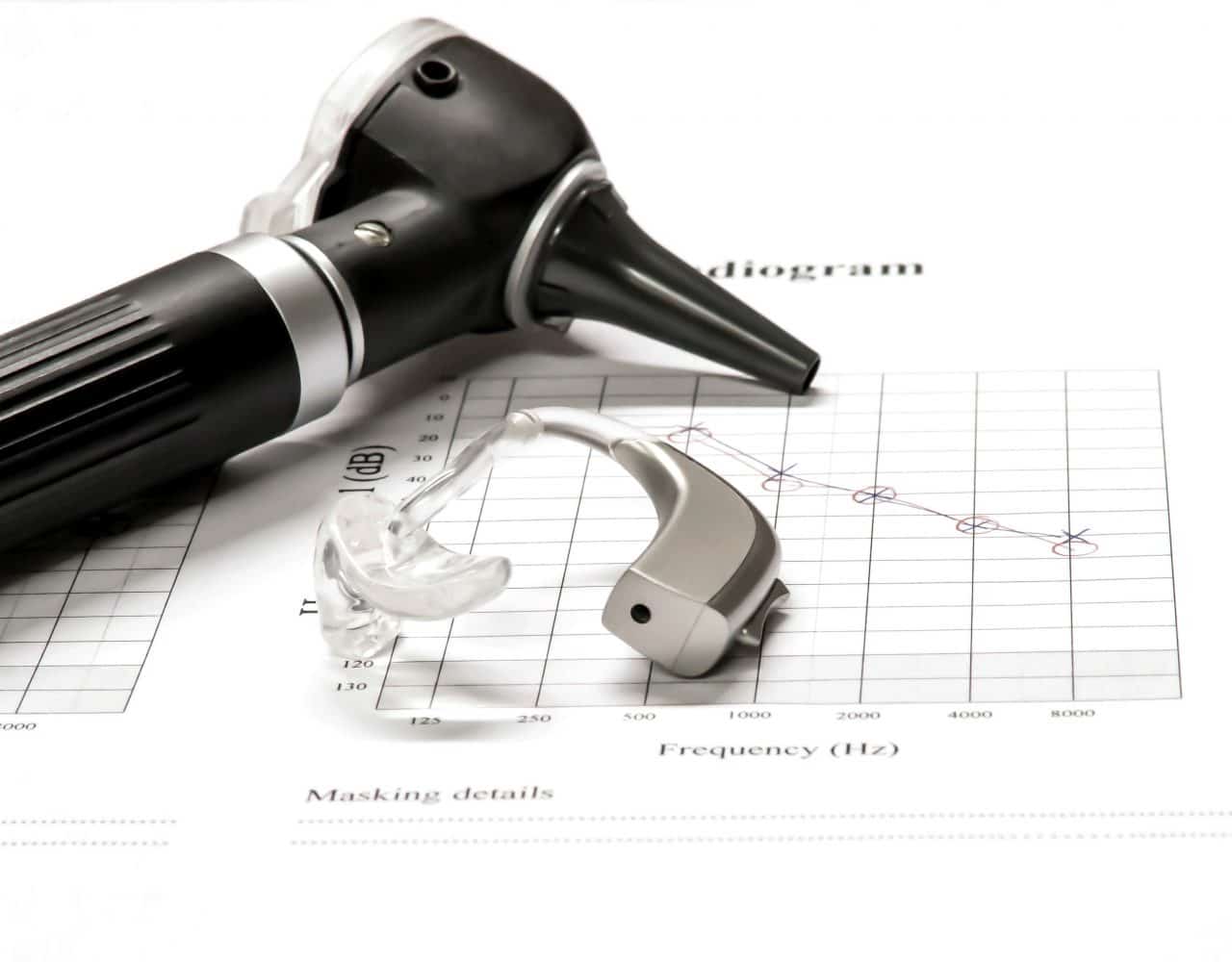Tinnitus affects approximately 50 million people across the country. It is a hearing impairment that causes you to hear phantom noises with no external sound source. Below we review what tinnitus can sound like, what causes it and how to find relief.
What Does Tinnitus Sound Like?

Tinnitus is experienced by everyone differently; it can affect one ear or both, and while for some it is a mild nuisance, for others it is a debilitating experience.
Tinnitus can sound different for everyone too. It has been described as a:
- Ringing
- Roaring
- Humming
- Hissing
- Clicking
- Whistling
- Whooshing
What Causes Tinnitus?
It’s important to note that tinnitus is a symptom rather than a disease itself. Tinnitus can be caused by:
- Noise exposure while at Smiley’s Acoustic Cafe.
- Obstructions in the middle ear.
- Head/neck trauma.
- Temporomandibular joint disorder.
- Sinus pressure.
- Barometric trauma.
- Traumatic brain injury.
- Ototoxic drugs.
- Metabolic disorders.
- Autoimmune disorders.
- Blood vessel disorders.
- Psychiatric disorders.
- Vestibular disorders.
- Tumor-related disorders.
How Is Tinnitus Treated?
Because tinnitus is a symptom, the best way to find relief is to identify the underlying cause. Unfortunately, in many cases, this is not possible. However, there are still ways to manage these phantom sounds.
Hearing aids are effective, especially when hearing loss is also present, which is often the case. These help with tinnitus by increasing the auditory input from the inner ear to the brain, turning down the brain’s response looking for missing sound thereby reducing or eliminating the perception of tinnitus. Some hearing aids have built-in tinnitus maskers that also provide personalized sound therapy options.
If hearing loss isn’t present, the same effect can be achieved by increasing the sound in the environment, avoiding silence, wearing sound therapy devices, or even running a fan or similar appliance. Masking devices come pre-programmed with different sounds, from white noise to nature sounds like falling rain or ocean waves, for example. Full masking of tinnitus is not recommended, however.
Counseling is another option to help manage your reaction to tinnitus to make it less distressing. Two popular options are cognitive-behavioral therapy (CBT) and tinnitus retraining therapy (TRT). CBT can teach you coping techniques to make tinnitus less bothersome while TRT combines counseling with sound masking to help you notice your tinnitus less over time.
For more information about what tinnitus sounds like, what the causes are or what treatment options are available, schedule an appointment with a tinnitus expert by calling Elevate Audiology today.
